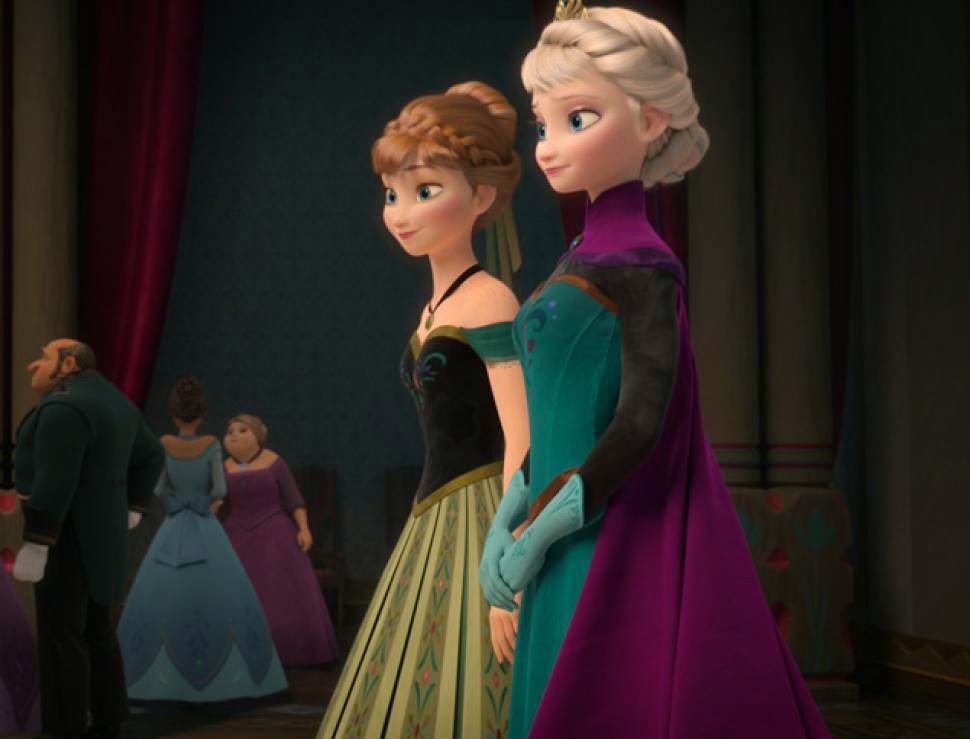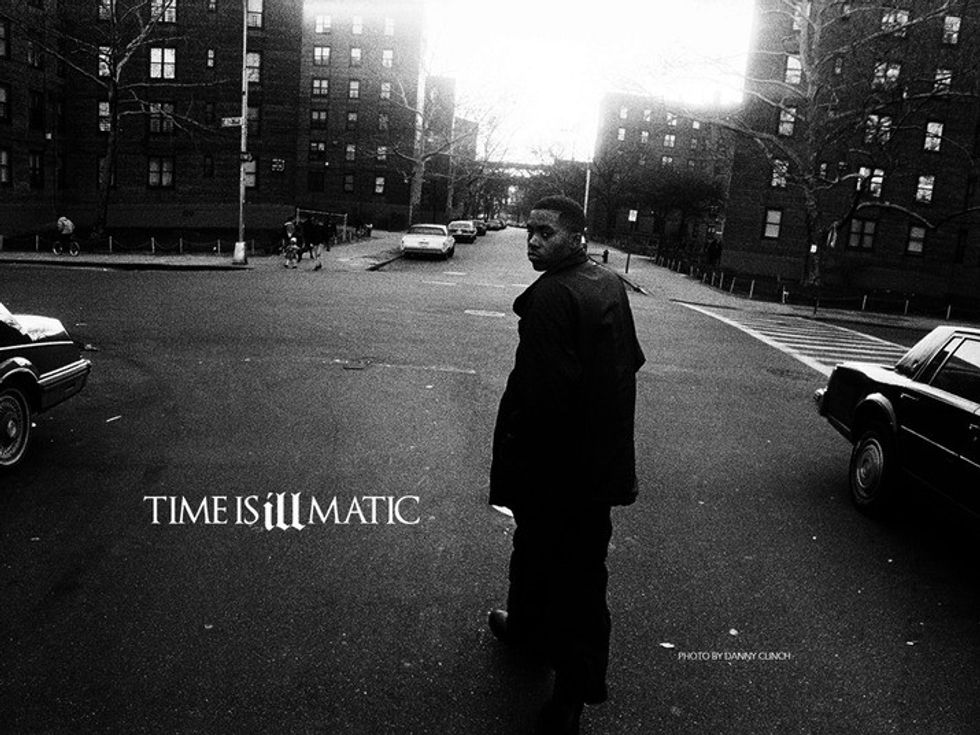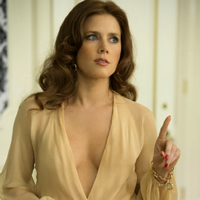Tom Ryan of The Australian talks about what it really takes to be a serious film critic.
 |
| Roger Ebert, left, and Gene Siskel offered sketch plot outlines and strong opinions on US TV show ‘At the Movies’. | Image Source: theaustralian.com |
FILM criticism, like film critics, comes in all shapes and sizes. An unhelpful slogan for the Melbourne International Film Festival a few years ago — “Everyone’s a critic” — went so far as to suggest that all anyone had to do was have an opinion and — hey presto! — they were critics.
MIFF seems to have qualified such a notion this year with a mentoring program for eight aspiring critics that pointed to a new appreciation of the expertise that might be required. (Disclaimer: along with a handful of writers, I was one of the mentors.)
But what exactly is this thing called film criticism? What forms might it take? What should filmgoers expect from it? Should it function simply as a consumer guide, or should it provide something more than that? Whose interests does it serve?
Pauline Kael, film critic for The New Yorker from 1968 to 1991, regarded it as a noble calling, placing herself in the tradition of others offering commentary about the arts.
“The critic is the only independent source of information,” she wrote. “All the rest is advertising.”
David Denby, one of her successors at The New Yorker, has long worried that serious reviewing has been undergoing a slow death at the hands of “hack critics” content to write publicity blurbs for distributors “like free candy”.
That view was in harmony with the one voiced earlier in the 1990s by Time critic Richard Corliss: “Movie criticism of the elevated sort is an endangered species. Once it flourished; soon it may perish, to be replaced by a consumer service that is no brains and all thumbs.”
In their sights was the tendency evident in the popular Chicago-based television show At the Movies, hosted at the time by Roger Ebert and Gene Siskel, who both also wrote for the Chicago Sun-Times. The frequently duelling duo would offer sketchy plot outlines and strong opinions about new film releases, delivering verdicts via thumbs. It began in 1986, about the same time Australia gave birth to The Movie Show (later At the Movies), hosted by David Stratton and Margaret Pomeranz.
Siskel died in 1999, Ebert last year. The latter’s career as a film critic and his struggle with a thyroid cancer is the subject of Steve James’s moving documentary,Life Itself . It includes gentler commentary by Corliss about At the Movies, maintaining his criticism but remembering it more affectionately as “a sitcom about two guys who lived in a movie theatre”.
In James’s film, a curmudgeonly Jonathan Rosenbaum, the longtime, well-respected former film critic for the Chicago Reader, vents his spleen against At the Movies and other critics working for the popular media. “Consumer advice is not the same thing as criticism ... Invariably a show like Gene and Roger’s becomes part of the mainstream system and, by and large, the purpose of mainstream reviewing is not just to valorise films that get multi-million-dollar ad campaigns but to eliminate everything else.”
Several filmmakers appear in Life Itself to refute Rosenbaum’s accusations. Independent American filmmaker Gregory Nava (Selena) testifies that Ebert and Siskel “looked for people like me”. Documentary director Errol Morris says, “I really believe that I would not have a career if not for those guys.” Werner Herzog and Martin Scorsese also deliver passionate cases for the defence.
Still, Rosenbaum’s commentary about the way film critics find themselves working hand in hand with the film-marketing industry, even if inadvertently, makes sense.
Furthermore, this doesn’t happen only in relation to productions with big advertising bucks at their disposal: it’s always the case. No review of a film, or feature material about it, will appear anywhere without a degree of co-operation between those writing or presenting it and those pitching the film to them. The transaction includes the arrangement of previews, the delivery of press kits and sometimes the organising of interstate or overseas junkets to connect those making the films with those reviewing them.
It’s not that critics are selling their souls here: there are no guarantees of how they’re going to respond. But it is the way the system works. And, as the old PR adage puts it, as far as the marketing business is concerned, a bad review is better than no review at all. Those involved in the creative side of filmmaking, of course, may disagree. For them, it’s almost always much more personal.
Actor-writer Harry Shearer, the voice of 21 characters in The Simpsons and a member of Christopher Guest’s wonderful comic ensemble, confessed in a recent interview with me: “People can say nice stuff about you or praise you and it goes in one ear and out the other. But I think if they say something nasty about you, there’s this part of your brain that plays it over and over again.” The late actor Eli Wallach once noted that “having the critics praise you is like having the hangman say you’ve got a pretty neck”.
In Life Itself, Rosenbaum makes an important point about the current state of film criticism. Critics of any kind should never regard themselves as answerable to those with vested interests in the films under review. And serious criticism should never have consumer advice as its major priority, even if readers, viewers or listeners can choose to use it that way.
Film reviews may come with stars attached, but what they should be doing is offering a different kind of illumination. AO Scott, chief film critic for The New York Times, eloquently outlines the mindset required to produce it: “Criticism is a habit of mind,” he writes, “a discipline of writing, a way of life — a commitment to the independent, open-ended exploration of works of art in relation to one another and the world around them.” To which I’d only want to add the word “informed”.
The film critic’s task, then, like the ones faced by their peers in dealing with the other arts, is to explain as clearly as possible what it is that makes a particular film tick.
There are any number of ways of doing this, but all require an ability to make the pieces of the jigsaw fit together, sometimes in ways that were never intended.
One aspect of this may be a concern with how well a film’s plot works, if indeed it has one. But criticism that stops there, as it too often does, isn’t really doing its job. It’s equally important to pay attention to how all the other elements at the filmmaker’s disposal have been deployed: the composition of the shots, the cutting together of the images, the use of colour, music and sound, the evocation of character. In short, how the film works — its shape and its tone, its poetics and its politics.
An illustration of this is Richard Misek’s Rohmer in Paris . A documentary analysis of the work of Eric Rohmer, it’s almost entirely made up of footage from the French new wave writer-director’s films, from his first feature, Le Signe du Lion (1962) to his last, The Romance of Astrea and Celadon (2007), with Misek’s commentary attached. Misek traces the way Rohmer connects his characters to each other via networks of exchanged glances and crossed paths as they make their way around Paris and beyond. Sometimes these intersections change the course of the characters’ lives; sometimes they lead nowhere. But, as Misek shows, they’re fundamental to the notion of the “Rohmerian coincidence” that allows a sense of destiny to emerge from the characters’ everyday routines. In cataloguing the details of the films, Misek explains, “I was simply repeating all of Rohmer’s repetitions.”
Both a cinephile’s love letter to a filmmaker and an insightful commentary about his preoccupations and working methods, Rohmer in Paris is only a little more than an hour long, but it’s the result of an enormous amount of research and a knowing engagement with its subject. Which is what is required for any serious film criticism.
For more cinema tidbits and the like, follow Louis A. Habash on Twitter.












